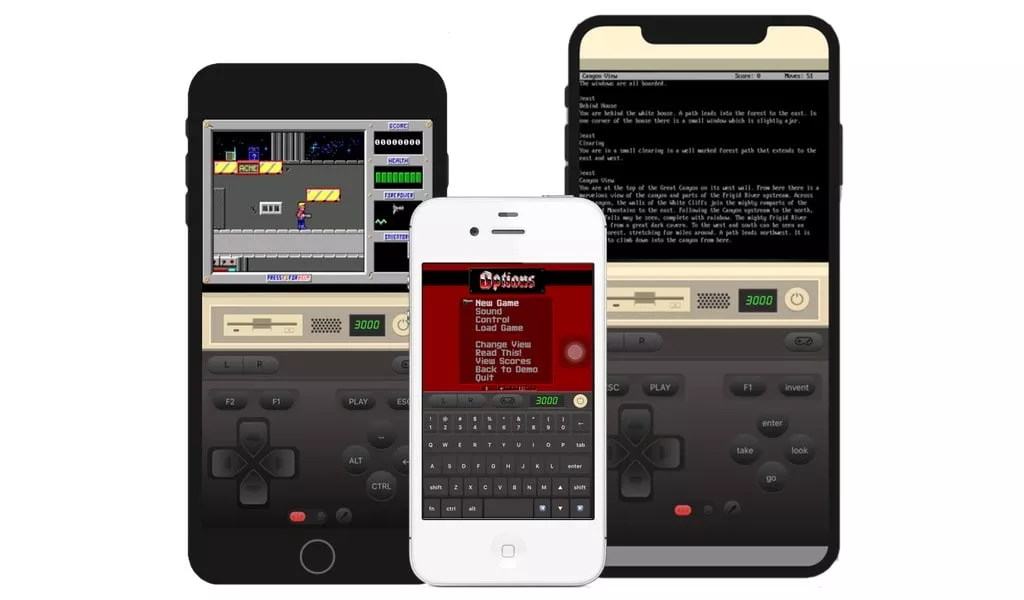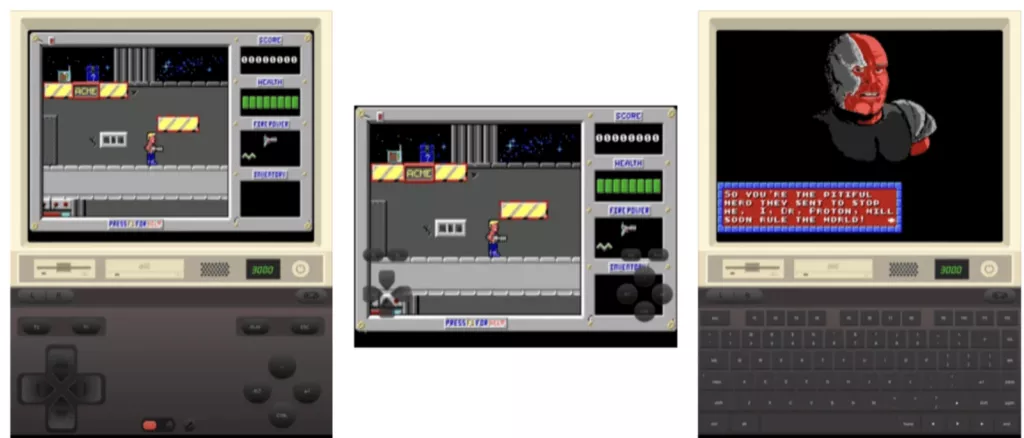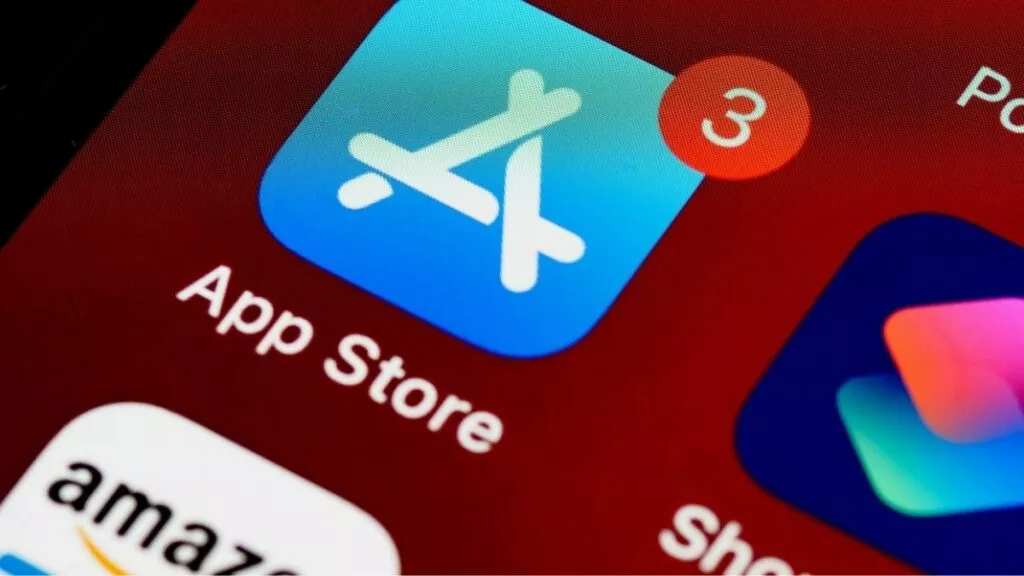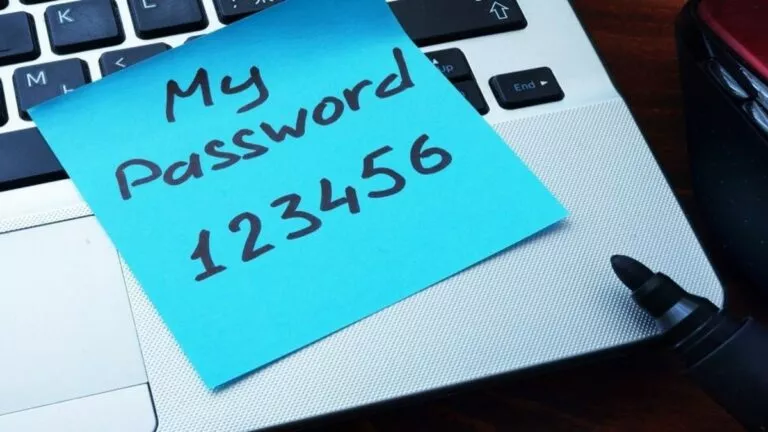Why PC Emulators Won’t Be Coming To iOS

Following Apple’s reformed stance regarding emulators on iOS due to the European Union’s Digital Markets Act (DMA), they have taken the world by storm, unlocking emulation for millions of users who want to relive their childhood games. Keeping up with the trend, we reported on emulators coming soon to iOS, including iDOS and PPSSPP, a few weeks back. While PPSSPP is already available on iOS, Apple recently rejected the submissions of iDOS and UTM, two of the biggest PC emulators on the internet. Here’s why we might not ever see PC emulators on iOS.
The Crux of the Issue

After Apple rejected their proposals, iDOS and UTM took to the social media platform X to explain their situation. According to Apple, iDOS and UTM violated section 4.7 of the guideline, which only allows emulators that emulate a console, not a whole operating system.
Chang Li, the developer of iDOS, also spoke with The Verge about this rejection and argued that iDOS is just like any other emulator. The app emulates and allows users to run a full operating system and play classic DOS games such as Civilization, Quake, and Doom.
On the other hand, developers of UTM stated that while Apple gave them the same reason, the company also highlighted its ban on “just-in-time” (JIT) compilers. Section 2.5.2 of the guidelines restricts apps from reading or writing data that cause significant changes.
However, to put things into perspective, JIT compilers translate code from one language, for example, Windows, to another efficiently. This significantly improves performance and allows users to run any OS they want. Moreover, this system is also necessary for UTM to work.
Apple’s inconsistent enforcement

When Chang Li asked Apple for their definition of a retro console, the officials seemingly had no answer. Additionally, the company failed to state what steps Chang Li needed to take to have his application accepted.
“It’s still the same old unreasonable answer along the line of ‘we know it when we see it,’” said Chang Li in his blog post.
Based on this incident, it’s clear that Apple isn’t enforcing its guidelines consistently and only accepting applications that fit a specific category. While one can argue about the potential security threats of allowing the installation of a full OS on iPhones, many still want to play old Windows games.






